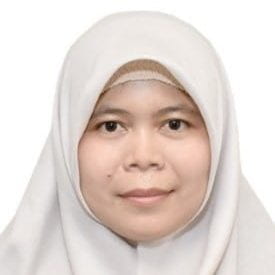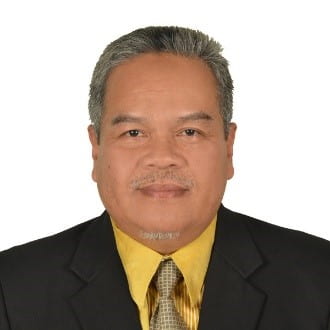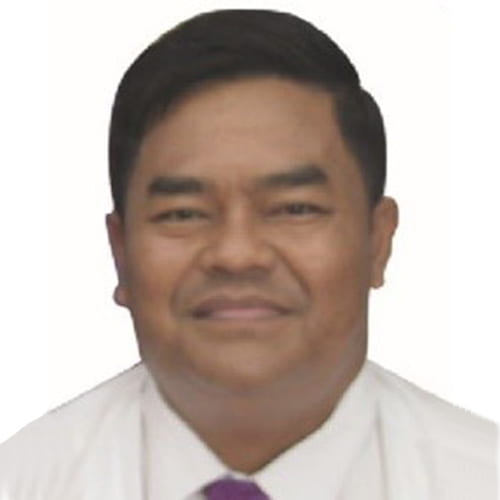Ensuring effectiveness, equity, and sustainability of UHC under the epidemiological, economic and demographic transitions in Asia
Led by Cecilia OhSession Synopsis
This session will explore the impact of the epidemiological, economic and demographic transitions on UHC as part of the Sustainable Development Goals, setting a broad development context for subsequent sessions.
Achieving UHC is a target of the 2030 Agenda for Sustainable Development, which is underpinned by the principles of ‘leaving no one behind,’ and ‘reaching the furthest behind first.’ UHC efforts will need to ensure that those being left behind such as the poor, the elderly, and other minorities are acknowledged and included, and dedicated investments are made to address their unique needs so that they can access UHC services. It means that, from the equity and utilization standpoint, socioeconomic considerations must be taken into account when setting health priorities and shaping UHC policies.
Speakers from low-, middle-, and high-income countries will share how their countries are impacted by and responding to the transitional forces within the context of pursuing, expanding or sustaining UHC that leaves no one behind.

Session format
Panel session with presentations followed by plenary discussion
Session learning objectives
- To gain a broad development overview of key challenges affecting UHC efforts in Asia
- To understand the importance of multisectoral engagement and cross-sectoral policy coherence in setting and addressing priorities in pursuit of UHC
Session outlines
Introduction (5 min)
Presentation on epidemiological transition (15 min)
The rapid growth of non-communicable diseases (NCDs) in low- and middle-income countries (LMICs) in Asia is creating significant challenges for achieving and sustaining UHC: It is drawing significant health resources as NCDs often require long-term, and often expensive, treatment, which can exclude the poor from proper treatment and impoverish many. It is also putting significant strains on their health systems, which have been primarily designed to address communicable diseases/maternal & child healthcare.
The inclusion of NCD prevention and treatment (including vaccines, diagnosis, medicines) in the UHC benefit package, reorientation and strengthening of health systems, as well as the engagement of non-health sectors to address NCD risk factors are therefore critical if a country is to achieve an effective, equitable, and sustainable UHC.
Presentation on economic transition (15 min)
LMICs in Asia are experiencing fast economic development, where some countries are keen to graduate from the least-developed country (LDC) status. One ominous impact and prospect of these economic transitions are a decline and gradual cessation of external health resources.
Many LMICs are now pressed to pursue/expand UHC while facing the double-burden of communicable and non-communicable diseases and declining external health resources, which often account for a significant portion of national health budgets particularly in low-income countries. Efficient use of limited health resources has become a key priority for countries undergoing rapid economic transition.
Presentation on demographic transition (15 min)
The ageing population in the region is increasing at an unprecedented rate, which can elevate the risk and prevalence of NCDs and disabilities. UHC efforts need to prepare for the demographic transition and to accommodate the needs of the ageing population while ensuring its financial sustainability.
Japan, as the most advanced ageing society in the world, can offer its experiences, lessons, and examples such as Japan’s medical insurance system/UHC designed specifically for the elderly aged 75 or over, as LMICs should pursue their UHC efforts in anticipation of the population ageing in their own countries in the not-so-distant future.
Q&A/Discussion (40 min)
Session Lead and Panellists
Cecilia Oh
Lead
Mazda Novi Mukhlisa
Panellist
Dr. Nordin bin Saleh
Panellist
Choub Sok Chamroen
Panellist




